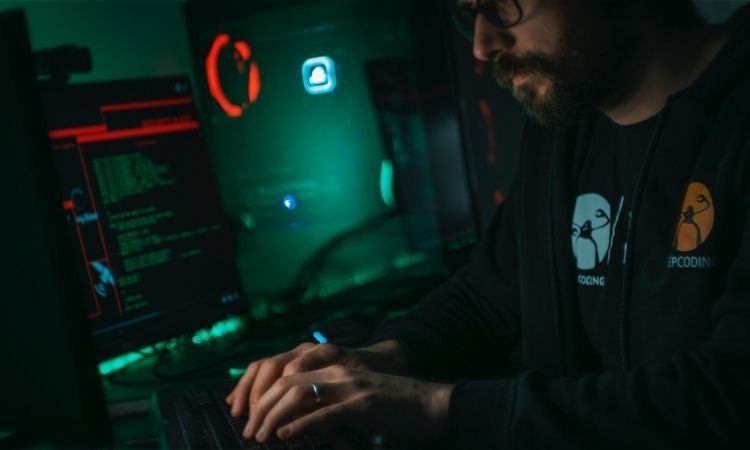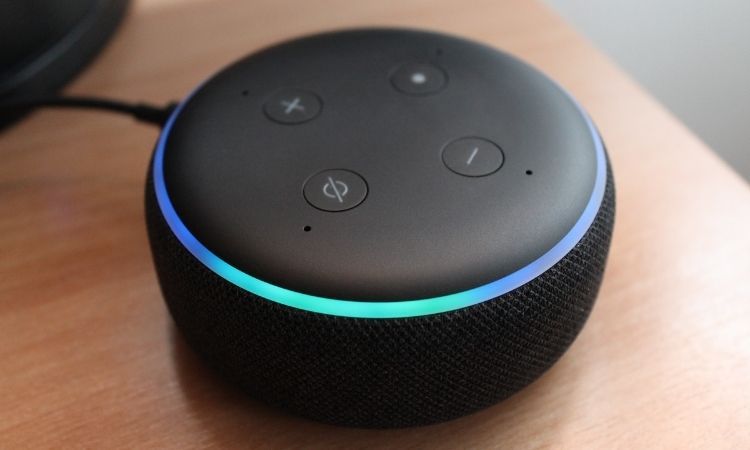Solving crimes is complex, and law enforcers around the world need help from multiple areas to conclude large cases. Luckily, things have become easier as technology has advanced.
These days, there's a vast and increasing amount of data in the world. But how exactly does it help solve crimes? Let's take a look.
Crime Data Aids in Improved Resource Allocation
Law enforcement agencies often use data to determine the most likely locations or times for future crimes. Police chiefs also analyze statistics to verify increases or drops in certain illegal activities.
The associated conclusions aid in allocating resources and filling known gaps in crime-fighting coverage. That approach could increase the chances of officers stopping, or at least witnessing, crimes.
Sometimes, security guards work with police departments and other local authorities, attending the scenes of potential problems and giving current perspectives that can back up historical data.
Car Data Can Reveal Criminals’ Actions
Today’s cars are increasingly advanced. They gather data about drivers’ preferences, routes, and more.
Many vehicles also let people operate features with their voices. They typically require users to link their smartphones to the cars. Privacy experts say that’s particularly problematic, and it gives police more data.
Lam Nguyen, director of the Defense Cyber Crime Center, said: "I'm sure everyone is aware of how much forensic data is on the phone. What people don't realize is a lot of that is being transmitted to a car just because you register the phone with the car."
Since most vehicle infotainment systems don’t lock, it’s often easier to get information from them.
Nguyen explained: “If you've committed some heinous crime, and we can't get into your phone, we can get peripheral data that has been synced to your car."
In one case, law enforcement officials did that after a suspect stole his murder victim’s vehicle and then operated the stereo with his voice. Relatives of the suspect confirmed his identity that way, leading to his arrest and charging.
Low-tech car data can help law enforcement officers, too. Consider how all vehicles must have license plates, for example. Officials from Wyoming, the city in Michigan, decided to install 12 cameras to capture their information automatically. Law enforcement agencies say that this approach should assist with solving violent crimes involving vehicles, plus illegal activities surrounding stolen automobiles.
Uncovering Suspected Cybercrime or Crime-Related Online Research
There’s an ongoing need for people who can recognize and thwart cybercrime attempts as online criminals ramp up their existing tactics and try new ones, and security forces have stepped up to the plate.
Browser history data can tell when a person accessed particular websites and what they did. Such details could confirm whether an online attack originated within the organization or from the outside. According to Rhonda Ascierto, Vice President of research at the Uptime Institute, the risk of insider threats has grown as a result of COVID-19. But the research also mentioned that this was already an increasing issue in the years prior, proving that this is not something short-term.
Browser data can also uncover potentially worrying trends, such as if someone recently started researching how to make bombs or pick locks. Sometimes, police officers need warrants to search computers and phones. However, they can also get data in other ways, including purchasing it.
What data they could get and how depends on the specifics in site- or service-related privacy policies. Since most people accept those without reading them thoroughly, they may never realize the police could get their information. Law enforcement agents can even do that for people not suspected of crimes.
The Potential Complications of Web 3.0
You might have heard of Web 3.0, which many people describe as the next generation of the internet. Something that sets it apart is that it will use the blockchain rather than traditional databases. It’s too early to say for sure, but that aspect could eventually make the internet a less-useful data source for law enforcement officials.
The cybercrime rise has already forced policing organizations to adapt to the trend. They’ve done this by giving officers more cybersecurity training and hiring more people with backgrounds in the field.
The shift to Web 3.0 should give people more control over their data. Minds is a social media network showing what’s possible. It prioritizes transparency and rewards people for their interactions.
Making data less freely available is a great thing for privacy. However, it poses challenges for agencies that previously used such information to solve crimes. That reality could make some criminals feel more empowered, but time will tell.
Smart Tech Data Could Give Vital Verification
Law enforcement agencies have also used smart speaker data to solve crimes. Amazon will comply with requests to provide such information as long as the orders are legally valid and binding.
Smart speakers stay in a standby state, listening for users to utter a wake word. However, they’ll sometimes activate after detecting different words or sounds. That’s why some law enforcement officers use smart speaker data to add context to cases and crimes. They hope the devices caught misdeeds in progress.
The same goes for smart security cameras. Suppose someone files a police report about stolen or vandalized property. Connected security cameras typically respond to sound and motion, meaning they might pick up details helpful for solving such cases.
Can Police Give Out Personal Information?
Many people worry about what could happen if the police get data about them. In the US, the Privacy Act of 1974 states that agencies must obtain written permission from the relevant party before sharing their data. However, it’s not so clear-cut because of 12 exceptions to that stipulation.
For example, people can share data within their agency on a need-to-know basis. The act also allows parties to use information in ways consistent with its intended purpose and reason for collection. That detail sometimes permits sharing.
Where Is Predictive Policing Used?
Predictive policing is a hotly debated topic. Supporters say it could curb crime. However, critics worry it could cause prejudice and profiling, particularly of young people or minority groups.
One such program in the UK monitors kids’ internet activity. The goal is to identify young people who may commit online crimes. Law enforcement officials then intervene, speaking with those parties and their parents before incidents occur.
People across the US are increasingly concerned about police using facial recognition technology in their crime-solving efforts. Legislators have so far discussed the matter in at least 20 state capitals, showing it’s a widespread matter.
The police force in Toronto, Canada, relied on artificial intelligence-based facial recognition tech for three-and-a-half months. They used it for 84 criminal investigations in that short span, and at least two of those proceeded to court.
There’s also a growing market for companies that can produce such technology. One company called Voyager Labs provides social media data about people under investigation, as mentioned by The Guardian. However, it also looks at information from all their friends, using it to predict possible criminal activity.
When Did Predictive Policing Start?
The Los Angeles Police Department was one of the earliest adopters of predictive policing. It began investigating its possibilities in 2008. The agency has since used such technologies to fight property-related crime and gun violence.
The Chicago Police Department was among the first organizations to use a person-based predictive approach. A 2012 pilot program created lists of individuals supposedly at the highest risk of experiencing or committing gun violence.
Police Must Handle Data With Care
It’s not necessarily a bad thing that law enforcement officers have access to more data during their crime-solving efforts. However, they must resist using tools that could cause them to make biased or otherwise flawed conclusions. Otherwise, it could lead to bigger complications than end up being solved.





